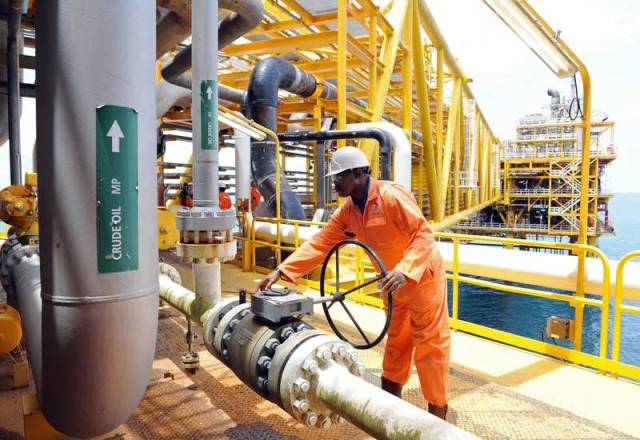The Africa Centre for Energy Policy (ACEP) has noted that the government’s gargantuan expenditure on LNG imports to begin this year is unwarranted and will only exacerbate energy sector woes.
According to the Energy Think Tank, the government risks wasting resources that could have been channeled into other productive uses. Thus, saving the country the loss of more than $300 million from the supply of LNG.
These remarks were made during ACEP’s policy briefing on power sector priorities for Government’s Actions. The meeting was convened virtually on March 11, 2021.
The Tema LNG Terminal will add to domestic sources of gas supply and the gas supply from the West African Gas Pipeline. Preparations for the commencement of LNG imports are underway. That said, a Floating Storage Regasification Unit arrived in Ghana in January for the purpose of facilitating LNG supply.
Tema LNG terminal will operate for 12 years after which the terminal operatorship is transferred to the Ghana National Petroleum Corporation (GNPC). While GNPC serves as the off-taker of the contract, Shell will supply LNG under the terms of the contractual agreement.
Concerns raised by ACEP
ACEP notes that to facilitate the LNG supply, the government has repressed the capacities of domestic sources of gas supply. And not only that, gas supply from Nigeria has also been reduced to make way for the import of LNG.
Take-or-pay volumes of gas from the Offshore Cape Three Points (OCTP), for instance, suppressed to 171 million standard cubic feet (mmscf). The $7.7 billion OCTP investment with support from the World Bank has a full capacity of 240 mmscf. And thus, does not require additional investments, ACEP notes.
Another is the deferred use of the OCTP makeup gas from 2021 to 2022. Ghana has already made payment in accordance with the take-or-pay agreement. But it is yet ready for use with about two years left.
According to Kodzo Yaotse, ACEP’s Policy Lead for Petroleum and Conventional Energy, “…Ghana is required to consume that gas or lose it in five years starting from 2018, which was the effective period for the contract to take place.”
Other reductions include Gas from the Jubilee and TEN fields, capped below capacity at 120 mmscf. Also, Gas supply from Nigeria suppressed from 60 mmscf to 30 mmscf.
Concerns of Financial loss
Based on ACEP’s findings, the LNG will cost about $11.1 per mmb tube terminating at the burner tip. This price charge is according to the pricing formula in the gas sales agreement, ACEP notes.
Moreover, the LNG is more costly than the Nigeria gas. Accordingly, LNG is $3 per mmb tube more than the Nigeria gas.
According to ACEP findings, there is very little industry support for the pursuit of LNG. Meanwhile, GNPC maintains that there is a ready market for the LNG. As a result GNPC risks tons of tax payers’ money to serve as an offtaker to the contract.
In its research, ACEP’s scan of the regional dynamics proved the absence of optimistic demand for gas among neighbouring countries.
Again, ACEP indicates that there is no single binding contract between GNPC and any potential buyer of the LNG to necessitate the corporation’s commitment to taking such a risk.
Recommendations for Government’s Action
ACEP adduces that the priority for Ghana must be the optimization of its domestic gas and the suspension of LNG importation plans. This has the potential of reducing the take-or-pay commitment and reducing pressure on the budget. It can also provide incentives for investment in domestic gas resources.
Furthermore, GNPC should be subjected to strict proof of the identified market it says is available for the purchase and consumption of the LNG.
Although the Floating Storage Regasification Unit (FSRU) arrived earlier this year, Ghana should negotiate with Nigeria Gas to rather use the unit as a buffer to smoothen gas supply through WAGP.
ACEP recommends that, if Ghana is unable to consume the OCTP makeup gas, some people should be criminally liable for deliberately causing financial loss to the State.
Benjamin Boakye, the Executive Director of ACEP notes that, “…if the debt is accumulated, they [government] will impose levies and then turn around to say that they [government] have paid.
“…ultimately you will have to pay… through the pump because there is ESLA levy that you have to pay at the pump or on your electricity, there is extra levy.”
He therefore called on journalists to keep the issues alive in the media until this impending danger is averted.





















